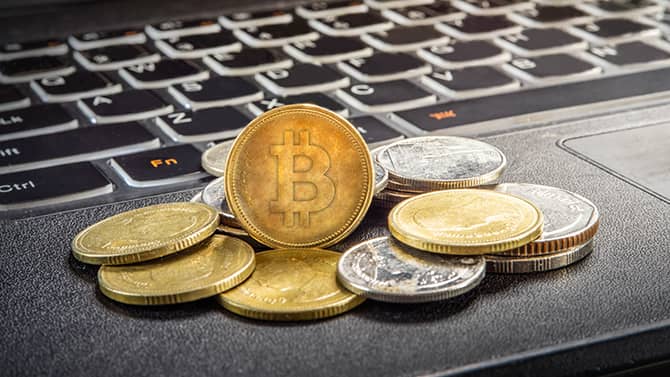It wasn’t until about 5,000 years ago that the Mesopotamian people created the shekel, which is considered as the first known form of currency. Gold and silver coins date back to around 650 to 600 B.C. when stamped coins were used to pay armies. Some evidence suggests metal coins may be as old as 1250 B.C. Before that, the history of bartering dates way back to 6000 B.C. In 1816, gold was made the standard of value in the country of England. While the first paper money was created in China in 700 to 800 A.D.
During the 20th century, bank checks became a highly popular non-cash method for making payments. Then came Credit Cards around1920s, followed by Debit Cards.
Money used to be exchanged physically, whether people paid with coins or paper money. However, with the Internet boom and the growth of eCommerce, online payments have increasingly become more convenient.
In the 90s, digital currency tried but failed to get off the ground, but over more recent years things have changed, allowing it to grow in popularity and in widespread use. In fact, digital currencies such as cryptocurrency and virtual currency play an important role in the economy today. blockchain technology is the basis of crypto-currencies.
There is no restriction against a deal in which a team agrees to purchase Bitcoin. If this transaction increases the price, they may cash out within hours. Such a sale is permitted because Bitcoin is not a security but a digital currency. What’s more, many of the large owners can coordinate or preview their moves to a select few. Discussions of trading with one another amongst big traders of some crypto-currencies are not illegal either.
The downside is that it puts small buyers of digital currencies at a disadvantage. Ordinary investors do not have the standing required to get the whales to take their calls.
The value of cryptocurrency has shot up nearly twelvefold since its beginning and its sale is in full swing now. The current business environment does indicate mass adoption as the likely result.
As of now, India will not be making any crypto asset legal tender. Only ‘Digital Rupee’ of the Reserve Bank will be legal tender in India. If you’re a ‘crypto currency’ enthusiast or investor, India has now clearly laid out a few guidelines and regulations on it.
India’s Finance Minister Nirmala Sitharaman recently announced there will be a tax of 30% on income from crypto currencies. For taxation purposes, crypto currencies have now been included in the definition of Virtual Digital Asset (VDA). However, if the transfer of VDA results in a loss, such loss can’t be off-set against any other income, nor can such loss be carried forward to subsequent tax years. Proponents of digital currencies believe that, “Thirty percent tax on income from virtual digital assets, while high, is a positive step as it legitimizes crypto and hints at an optimistic sentiment towards further acceptance of crypto and NFTs.
Even one large investor, say like Elon Musk’s recent dumping of his crypto investments can change the crypto market completely. Until it is backed by governments and some form of securities, it is too early to say if crypto currency will be adopted by masses.







